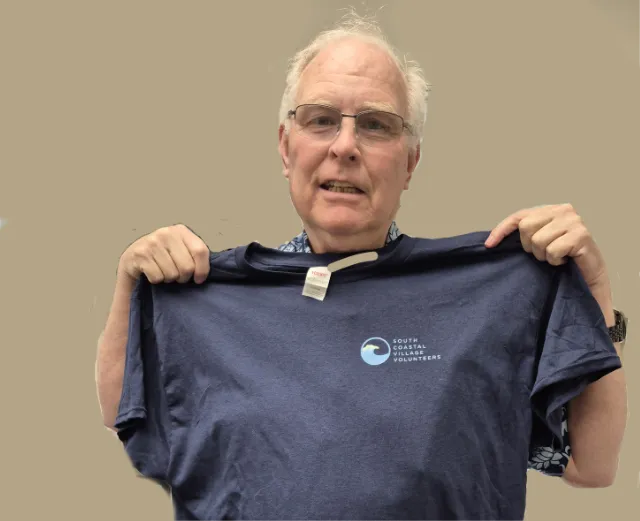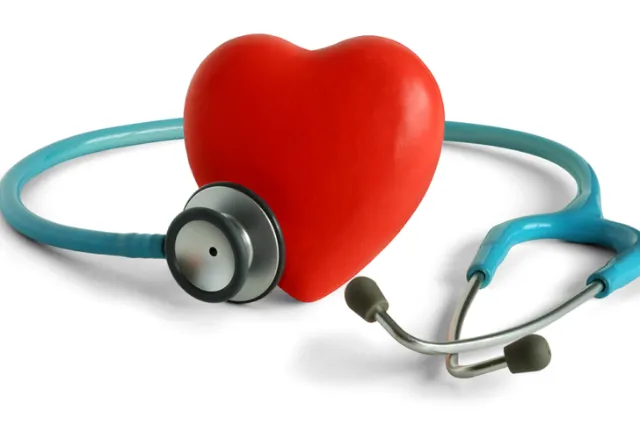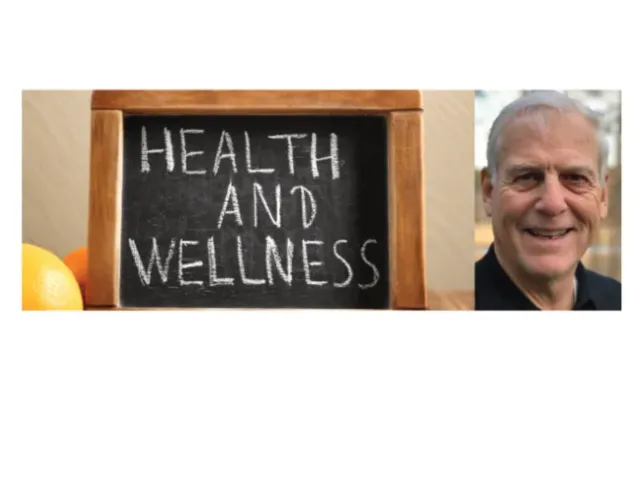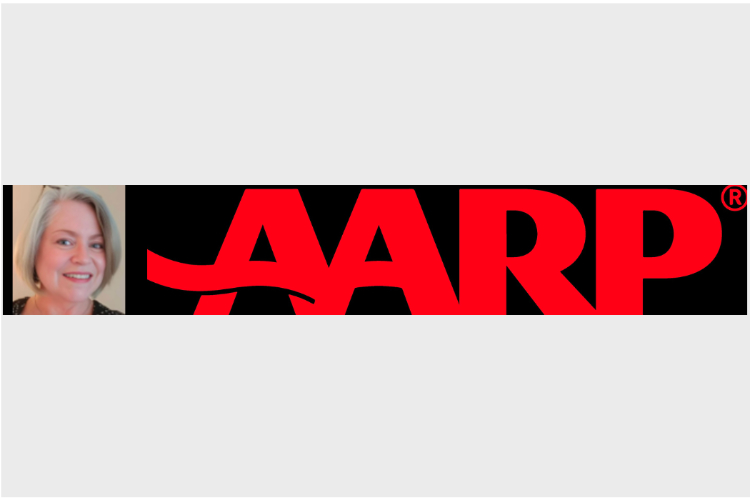Toxins are harmful agents found in the environment, whether the home environment or outdoors. For this article I will focus on personal-care products.
Chemicals hide in the most unlikely places, and safe doesn’t equal nontoxic. Toxins can be absorbed orally, through the skin, and through the lungs. The skin is a good reflection of what is going on inside the microbiome. It is the largest organ. It is a detox organ—it is involved in elimination and can let toxins in. Gut-health issues often surface on the skin, for example, as rashes, acne, eczema, and the like.
One way to reduce the load on detoxification organs, including the skin, is by choosing personal care products free of chemicals and artificial dyes. Yet the skincare industry is unregulated, and many ingredients in personal-care products have not been tested for safety outside the company.
Many personal-care products contain:
Petroleum distillates: colorants, fragrances, and preservatives derived from crude oil
Xenoestrogens: compounds that interfere with normal hormone and endocrine function
Endocrine disruptors (such as Xenoestrogens): substances that promote weight gain and are altered by the gut microbiome, affecting blood sugar levels
Five Common Ingredients to Avoid
Parabens (a preservative)
Phthalates (plastic byproducts)
Products - Cosmetics, perfumes, soaps, hair sprays, shampoos, detergents
Synthetic fragrances
Toluene and benzene derivatives are known carcinogens
Products - Perfumes, body-scent products, detergents, fabric softeners, dryer sheets, air fresheners, shampoos, scented candles
Triclosan (antibacterial agent)
Banned from cleaning agents in 2017, as deemed no more effective than soap and water
Products - Antibacterial soaps
Sodium lauryl sulfate
(emulsifier and foaming agent) Can cause inflammation and skin irritation
Products - Shampoos, liquid soaps, toothpaste
The terms natural and organic are not regulated by the FDA; such products may also contain potentially toxic ingredients.
Chemicals hide in the most unlikely places, and safe doesn’t equal nontoxic. Toxins can be absorbed orally, through the skin, and through the lungs. The skin is a good reflection of what is going on inside the microbiome. It is the largest organ. It is a detox organ—it is involved in elimination and can let toxins in. Gut-health issues often surface on the skin, for example, as rashes, acne, eczema, and the like.
One way to reduce the load on detoxification organs, including the skin, is by choosing personal care products free of chemicals and artificial dyes. Yet the skincare industry is unregulated, and many ingredients in personal-care products have not been tested for safety outside the company.
Many personal-care products contain:
Petroleum distillates: colorants, fragrances, and preservatives derived from crude oil
Xenoestrogens: compounds that interfere with normal hormone and endocrine function
Endocrine disruptors (such as Xenoestrogens): substances that promote weight gain and are altered by the gut microbiome, affecting blood sugar levels
Five Common Ingredients to Avoid
Parabens (a preservative)
- Act as a xenoestrogen, which mimics estrogen
- May disrupt gut flora, leading to food sensitivities
Phthalates (plastic byproducts)
Products - Cosmetics, perfumes, soaps, hair sprays, shampoos, detergents
Synthetic fragrances
Toluene and benzene derivatives are known carcinogens
Products - Perfumes, body-scent products, detergents, fabric softeners, dryer sheets, air fresheners, shampoos, scented candles
Triclosan (antibacterial agent)
Banned from cleaning agents in 2017, as deemed no more effective than soap and water
Products - Antibacterial soaps
Sodium lauryl sulfate
(emulsifier and foaming agent) Can cause inflammation and skin irritation
Products - Shampoos, liquid soaps, toothpaste
The terms natural and organic are not regulated by the FDA; such products may also contain potentially toxic ingredients.
Steuart Martens, president of the Village Volunteers board of directors, is an NBC-HWC/National Board-Certified health and wellness coach. He is certified as a nutrition health coach by the Institute for Integrative Nutrition and the Delaware Department of Health and Social Services. Martens also conducts healthy-eating workshops.
Information from Steuart Martens is intended for your educational use only and is not a substitute for professional medical advice, diagnosis, or treatment. Consult your physician before starting any diet, exercise, medication, or supplement program or if you suspect that you have a medical problem.
Information from Steuart Martens is intended for your educational use only and is not a substitute for professional medical advice, diagnosis, or treatment. Consult your physician before starting any diet, exercise, medication, or supplement program or if you suspect that you have a medical problem.




















